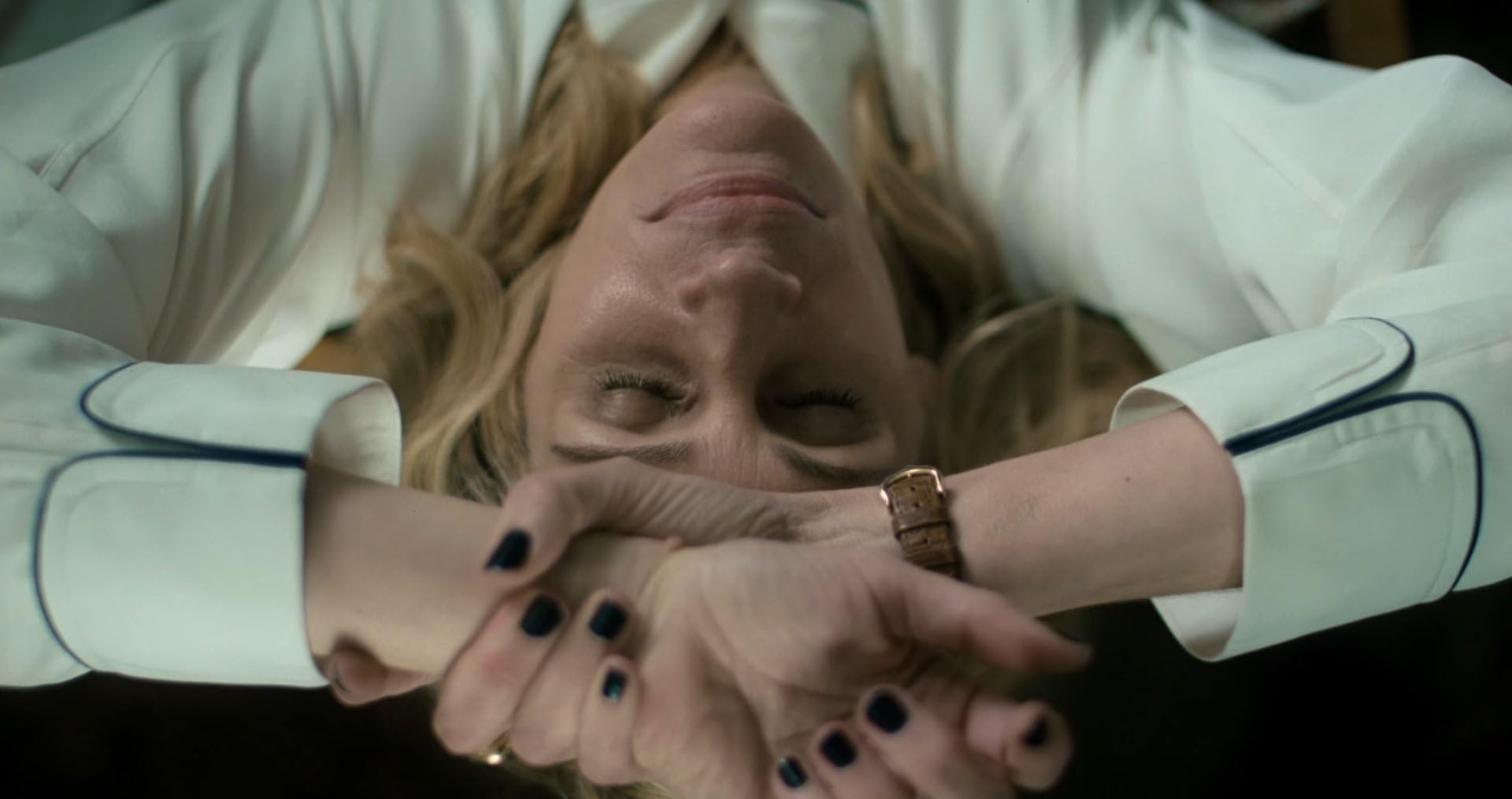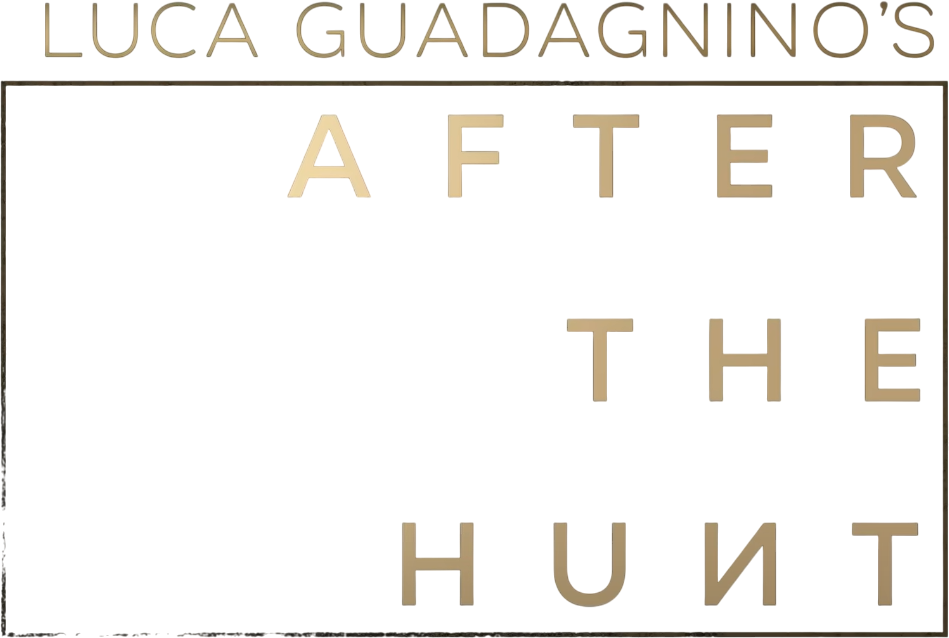Never one willing to let us wait for too long, a little over a year after his previous work, Yorgos Lanthimos (“The Favourite,” “Poor Things”), Emma Stone (“Easy A,” “Zombieland”), and Jesse Plemons (“Game Night,” “The Power of the Dog”) have all reunited once again for a film that certainly fits the oddball wheelhouse of each of their previous works together and apart. With Lanthimos’s uncomfortable directing style and ample source material to dive into, “Bugonia” is yet another adventure that will head in directions you simply won’t expect. However, whether or not that means it's any good is a different matter.
A remake of the 2003 South Korean film “Save the Green Planet,” this film follows paranoid conspiracy theorist Teddy Gatz, played by Plemons, and his cousin Don, played by Aidan Delbis in his film debut, as they kidnap Teddy’s boss and pharmaceutical CEO Michelle Fuller, played by Stone. Teddy is convinced, through years of internet research and his own supposed evidence, that Michelle is an alien sent to Earth to slowly poison it by killing off the bee population. And he’s determined to force her to help himself and Don find a way to fix it.
Almost entirely shot within Teddy and Don’s claustrophobic ramshackle home, Lanthimos and cinematographer Robbie Ryan (“C’mon C’mon,” “Poor Things”) keep things close and tight and nerve-wracking throughout this misadventure. Even when venturing outside of the house, the slight fish-eyed look to the 1.33:1 frame of the film sets everything up with odd angles and purposefully disconcerting feelings. It’s an intricately constructed location, and it becomes a character in and of itself, with each new camera angle and lighting cue giving way to the possibility of some hidden camera or device made by Teddy. It might just be the best use of one location in a mainstream film since “Parasite.”
Stone is fantastic, nailing the pseudo “we’re all a family here” corporate speak expected from someone in a position such as this. She wavers back and forth throughout the film between victim and aggressor and she works together with Plemons to create a ridiculously entertaining ping pong game of tension. Their performances are great, but the scene stealer is the quiet presence of Delbis. He has a simple naivety to him, which gives him a wonderful sense of calm and kindness that pierces through the noise and absurdity of the film’s narrative. It’s a delightful little role and one of the most memorable aspects of the film.
Without getting into spoilers, Will Tracy’s (“The Menu,” “The Regime”) script maitains a tight tense atmosphere and mystery without every taking itself too seriously or losing its bizarre sense of humor and style. The mixture between the upper- and lower-class perspectives, as well as just generalized corporate doubletalk, is mined for perfect comedy here, and Plemons in particular gets to deliver some true gems. It never tips its hand too early, and you’ll be guessing what exactly is going to happen right up until the film’s final moments. The paranoia is also perfectly underscored by Jerskin Fendrix (“Poor Things,” “Kinds of Kindness”) with a musical score that mutates between something deeply guttural and alien and something right out of a Broadway instrumental score.
If there’s one aspect to the film that feels the most at odds with its absurd sense of humor and generally oddball tone, it's the film’s conclusion. Without spoiling anything, it inadvertently reveals a nihilistic streak throughout the rest of the writing that hurts the overall idea rather than helps it. It’s hard to imagine someone like Lanthimos wanting something more ambiguous or less dark. This is a pitch-black dark comedy after all and how far it pushes into this nihilism is an element to the absurdist sense of humor. But it nevertheless leaves it all feeling a bit like a lead balloon in the end. The same goes for two random flashback sequences that feel completely out of place with the rest of the film’s world and tone, drawing you out for brief, crucial moments.
“Bugonia” is a smartly written, exceptionally crafted, absurdist and funny film that somehow dances around complicated ideas without becoming a drag or a downer. Featuring three excellent performances all housed in a gorgeously shot and constructed set, it’s yet another oddball hit for Lanthimos, delivering an adventure that will leave you feeling bugged out. 4.5/5




.png)



.png)

.png)





.png)


